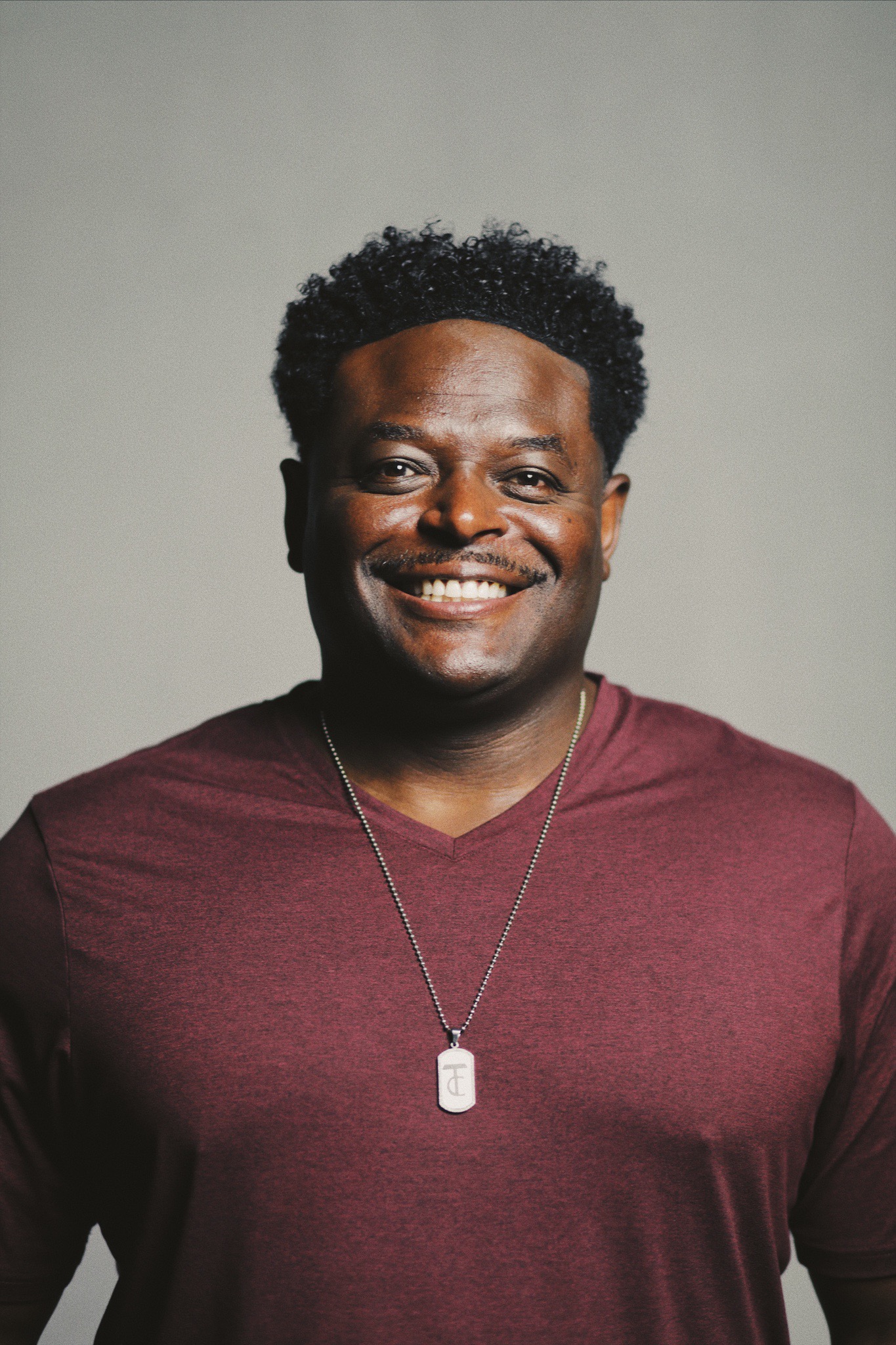
We know a healthy church requires sound theology, a right understanding of the gospel, discipleship, and service. But what ingredient is overlooked?
By Derwin L. Gray
Most church leaders want a healthy church. And we know a healthy church requires sound theology, a right understanding of the gospel, discipleship, and service. But what is the overlooked ingredient in a healthy church?
In the book of Ephesians, Paul addresses the multiethnic congregations of Ephesus in modern-day Turkey.
These ethnically diverse congregations of former enemies were struggling with getting along with each other as God’s people (see Ephesians 4–5).
It was out of pastoral concern that Paul wrote this letter to these Jewish-Gentile churches so they could be an expression of the glory of God by living in unity and love.
The world would marvel, “How can enemies be friends now?” As churches, they would be living testimonies to God’s grace. They would display to the world the beauty of reconciliation.
The Ephesians understood that in order to be a healthy church, they couldn’t be homogenous. And yet, we look at many churches in America today and see a lack of multiethnicity.
Some churches that are situated in or near diverse communities aren’t even trying to be multiethnic.
I propose that a primary reason the overwhelming majority of churches in America are homogenous is because we’ve missed the beauty of why God the Holy Spirit authored the letter of Ephesians through Paul.
And we’ve missed the beauty and purpose of Ephesians 2:8–9 by reducing it to an individualistic ticket to heaven: “For by grace you have been saved through faith. And this is not your own doing; it is the gift of God, not a result of works, so that no one may boast.”
Exegetically, in his letter to the Ephesians, Paul taught something bigger, greater, and far more beautiful than just a trip to heaven for the individual Christ-follower.
In Ephesians 2:1, Paul said “you”— meaning the Gentiles—were spiritually dead people controlled by the devil and under God’s impending judgment.
But God, who is rich in mercy and love, made them alive with Christ, and they were saved by grace and seated in the heavenly realms with Christ (see Ephesians 2:1–6).
In an act of incomprehensible grace, Gentiles were now united to the Jewish Messiah; His life becomes their life. God performs this act of love so He can point to the Gentiles as his trophies of grace for all eternity (see Ephesians 2:7).
Allow me to take it one step further: If the leadership of the local church isn’t multiethnic, it’s very unlikely that the church will be ethnically diverse.
And if the church isn’t diverse, could your church leadership inadvertently teaches the children of minorities that they aren’t fit to lead?
They’ll see that people who share their ethnic background are not in leadership, influencing and shaping the direction of the church.
I knew that for our church, Transformation Church, to be intentionally multiethnic, our leadership team needed to reflect the diversity we wanted in our congregation.
The early church did this also; this is where we got this leadership principle.
In Acts 6:1–6 after a complaint from the Hellenists that their widows were not receiving the same attention as the Hebrews, the apostles put a leadership team in place consisting of Greeks.
This honored them and helped with the problem they were experiencing.
In Acts 13, we see the same leadership practice. The church in Antioch was a multiethnic church that took the gospel to the world.
One look at who comprised the leadership there shows: two were from Africa, one was from the Mediterranean, one was from the Middle East, and one was from Asia Minor. The church at Antioch was led by a multiethnic leadership team.
Take a good look at your church and your leadership team. If you live in or near an ethnically diverse community, what strides are you and your church making toward reflecting diversity—and the kingdom of God?

Derwin Gray
Derwin is the co-founding and lead pastor of Transformation Church in the Charlotte, North Carolina area. He is a former NFL player and author of several books, including his most recent, How To Heal Our Racial Divide: What the Bible Says, and the First Christians Knew, about Racial Reconciliation. Learn more at DerwinLGray.com.











